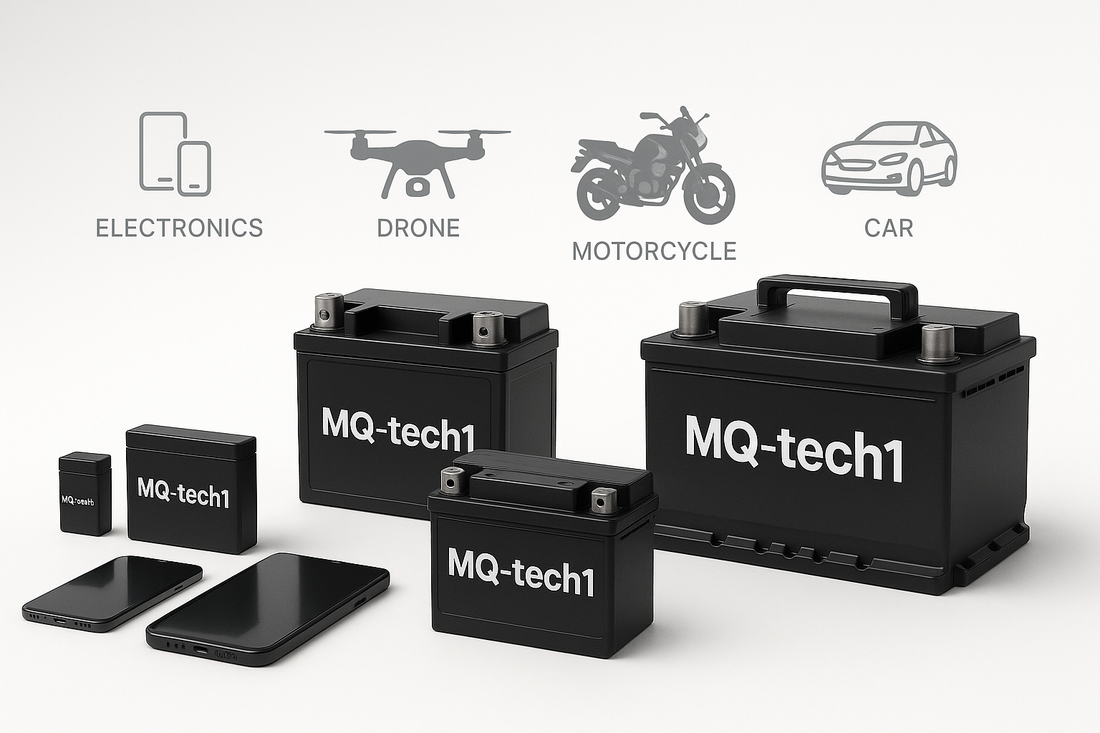Battery Safety: Essential Guidelines for Handling Modern Power Sources
In our increasingly connected world, batteries power everything from smartphones and laptops to electric vehicles and home energy storage systems. While these power sources bring convenience and mobility to our daily lives, they also require careful handling to ensure safety. Understanding battery safety isn’t just a recommendation—it’s a necessity.
Whether you’re using consumer electronics, managing industrial equipment, or integrating batteries into innovative products, knowing how to prevent accidents is key. In this post, we break down the most important battery safety practices everyone should follow.
🔋 1. Use the Right Charger
Not all chargers are created equal. Always use the charger provided by the device manufacturer or a certified compatible alternative. Incompatible chargers can cause overcharging, short circuits, or even fires.
🔋 2. Avoid Extreme Temperatures
High temperatures can lead to battery swelling or leakage, while extreme cold can reduce performance and cause irreversible damage. Store and use batteries in moderate environments, and never leave devices in direct sunlight or freezing conditions for extended periods.
🔋 3. Recognize the Signs of a Failing Battery
Watch for these warning signs:
-
Swelling or bulging
-
Overheating during use or charging
-
Leaking fluid
-
Strange odors
If you observe any of these, stop using the device immediately and seek professional assistance.
🔋 4. Don’t Damage the Battery
Physical damage to a battery can lead to internal short circuits. Avoid dropping, puncturing, or crushing batteries. Even small damages can compromise safety.
🔋 5. Store Batteries Properly
If you need to store batteries long-term:
-
Keep them in a cool, dry place.
-
Charge them to 40–60% before storage.
-
Avoid storing loose batteries where metal objects can cause short circuits.
🔋 6. Dispose of Batteries Responsibly
Never throw batteries in regular trash. Lithium-ion and lithium-polymer batteries require special recycling. Many electronics retailers and local waste facilities offer battery recycling services.
🔋 7. Trust Certified Products
Whether you’re a consumer or a business, always source batteries from reputable manufacturers like MQ-tech1, which adhere to international safety standards (CE, RoHS, UL). Low-quality uncertified batteries pose serious risks.
✅ Final Thoughts
Battery technology empowers modern life—but it must be handled with knowledge and respect. By following these guidelines, you can minimize risks and enjoy the benefits of portable power with confidence.
At MQ-tech1, we engineer safety into every battery we produce. From smart internal protection systems to rigorous quality checks, we’re committed to delivering not just performance, but peace of mind.
Stay powered. Stay safe.
🔗 Learn more about our safety standards and product offerings at MQtech1.com
📧 For technical or custom battery inquiries: leojim@mqtech1.com
Tags:
#BatterySafety #LithiumIon #MQtech1 #BatteryTips #TechSafety #PowerSolutions #Innovation #BatteryManagement #SafeTech

